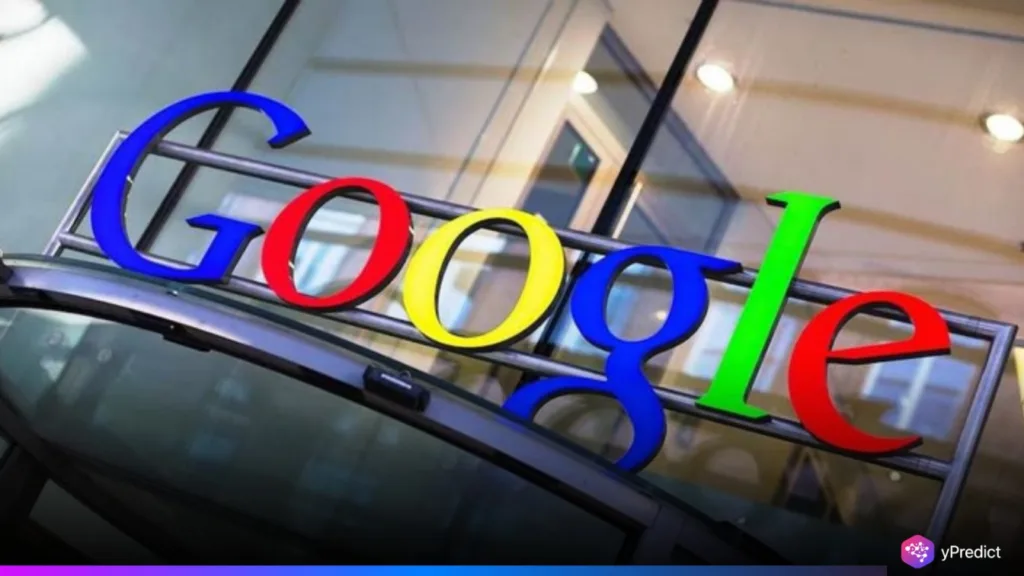
The UK’s Competition and Markets Authority (CMA) is intensifying scrutiny of Google AI Search, particularly its AI-driven tools like “AI Overviews,” amid concerns from publishers and advertisers. Media groups warn of declining traffic and revenue, while advertisers cite rising costs and a lack of transparency. The CMA’s proposal to grant Google “strategic market status” could trigger major regulatory changes to protect content providers and promote fair competition. This marks a key moment in efforts to regulate AI within digital search and advertising markets.
AI‑Driven Summaries Draw Regulator’s Focus
According to Bloomberg, Google’s dominant position in online search and advertising has drawn fresh attention from the UK’s Competition and Markets Authority (CMA), which is considering assigning the tech giant “strategic market status” (SMS). This move, enabled under Britain’s new digital competition law, would grant the CMA the authority to impose targeted measures aimed at promoting fairness and competition in the sector.
A final decision is expected by October following a consultation period.
If designated, Google may be required to offer “choice screens,” ensure fair website rankings, and give publishers greater control over their content, including in AI summaries. The CMA also seeks to boost data portability, helping users transfer search data and support innovation. Sarah Cardell, Chief Executive of the CMA, stated that,
Google is the world’s leading search tool and plays an important role in all our lives, with the average person in the UK making 5 to 10 searches a day. It is equally critical for over 200,000 UK businesses which rely on Google to reach their customers. Google search has delivered tremendous benefits, but our investigation so far suggests there are ways to make these markets more open, competitive and innovative.”
The regulator’s preliminary findings highlight several concerns about Google’s dominance and its impact on UK businesses and consumers. Google controls over 90% of UK search queries, serving as a vital link between businesses and their target customers.
More than 200,000 UK businesses rely on Google’s advertising platform, but the CMA argues costs exceed competitive market expectations. The CMA also notes rivals struggle to replicate Google’s vast web index and historical search data, limiting competition significantly.
Pushback from Google and Broader Regulatory Plans
In response to this legal pursuit, Google expressed concern about the direction of the CMA’s investigation. The company described the proposals as overly broad and lacking clear evidence to justify intervention. Oliver Bethell, Google’s Senior Director for Competition, warned that excessive or unfocused regulation could delay the rollout of new services in the UK.
Google has pledged to work constructively with the CMA but emphasised the need for proportionate, evidence-based regulation that supports continued innovation.
Beyond immediate measures, the CMA has outlined a longer-term plan. By 2026, the regulator intends to address more complex challenges, such as Google’s bargaining power over publishers, its treatment of specialised search competitors, and the transparency of its advertising practices.
While AI features, like Google’s AI Overviews, fall within the proposed scope of regulation, the company’s Gemini AI assistant is not currently included, though this could change as adoption grows.
Global Context and Industry Reactions
The Google AI Search legal pursuit marks the first use of the UK’s Digital Markets, Competition and Consumers Act against a major tech giant. The law, like Europe’s Digital Markets Act, seeks to curb big tech dominance and promote fairer markets. If Google receives strategic market status, it could face fines of up to 10% of global revenue for non-compliance. Globally, Google is under mounting scrutiny, with a U.S. court finding it holds an illegal ad monopoly and the EU upholding multi-billion euro fines for anti-competitive behaviour.
Industry groups have also voiced mixed reactions to the CMA’s proposals. The News Media Association views the measures as key to securing fair use of publishers’ content, especially in AI. Others, like UK Hospitality, warn that copying Europe’s model could unintentionally harm businesses reliant on search traffic.
Companies such as EasyJet and LoveHoney also report that past regulations reduced their direct customer reach. Google maintains that any rules must balance competition with innovation to safeguard UK consumers and businesses.







